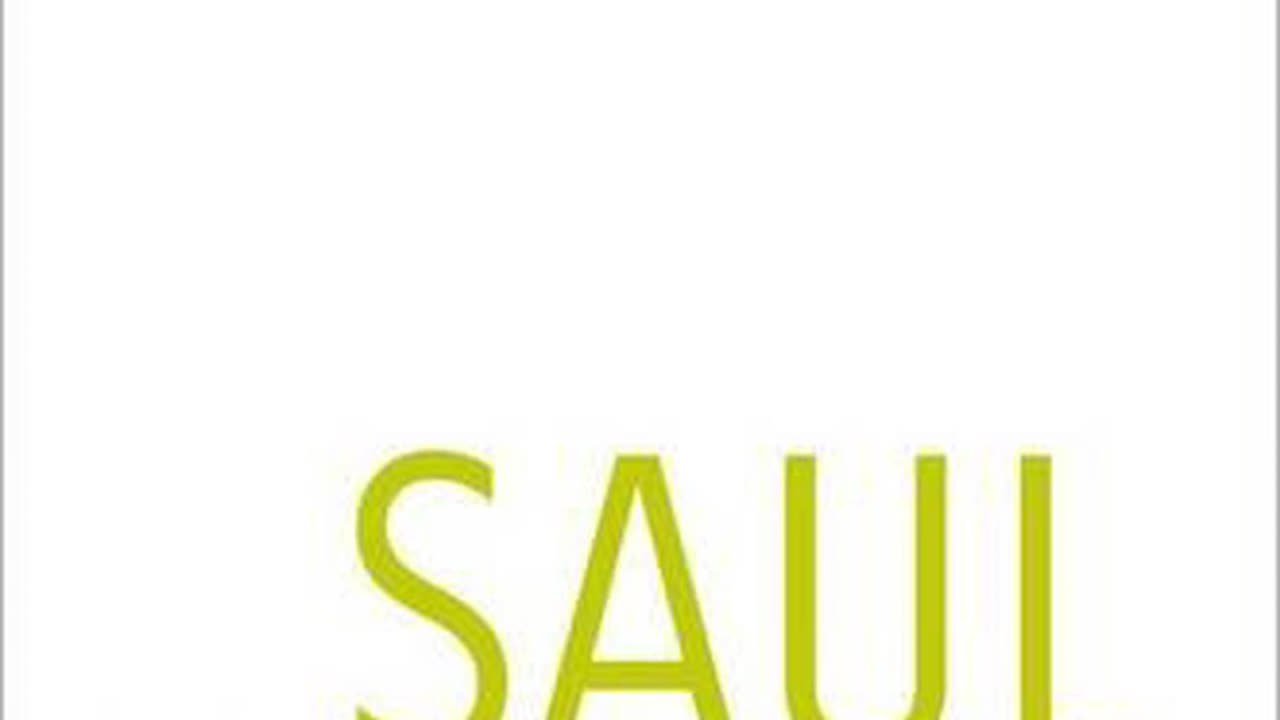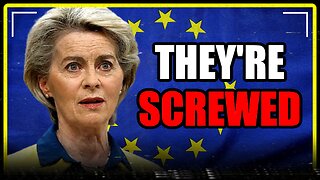Premium Only Content

Philosophical Troubles by Saul Kripke | Summary and Critique
Buy Here: https://amzn.to/4ab6N2v
"""Philosophical Troubles: Collected Papers, Volume 1"" is a collection of essays by philosopher Saul Kripke that was published in 2011. The book contains thirteen essays, spanning a range of topics in philosophy, including language, logic, epistemology, metaphysics, and the philosophy of mathematics.
The first essay, ""Naming and Necessity,"" is perhaps Kripke's most famous work. In it, he presents a new theory of reference that challenges the traditional view that names refer to objects based on their descriptive content. According to Kripke, names are ""rigid designators"" that refer to objects directly, without relying on any descriptions.
The second essay, ""Identity and Necessity,"" extends Kripke's account of reference to the realm of modality. Kripke argues that certain statements, such as ""Water is H2O,"" are necessarily true, and that this necessity arises from the nature of the objects being referred to.
The third essay, ""A Puzzle About Belief,"" explores the relationship between belief and the notion of ""having the same belief."" Kripke argues that two people can have the same belief without having the same concept, and that this creates a puzzle about the nature of belief.
The fourth essay, ""Vacuous Names and Fictional Entities,"" discusses the status of fictional entities in philosophy. Kripke argues that fictional names, such as ""Sherlock Holmes,"" are not meaningless, but rather have a referent that exists in a different sense than ordinary objects.
The fifth essay, ""Russell's Theory of Scope,"" is a critique of Bertrand Russell's theory of scope, which Kripke argues is unable to capture the full range of logical operators.
The sixth essay, ""Frege's Theory of Sense and Reference: Some Exegetical Notes,"" provides a detailed analysis of Gottlob Frege's theory of sense and reference, and argues that the theory is more complex and subtle than is often supposed.
The seventh essay, ""Speaker's Reference and Semantic Reference,"" is a discussion of the relationship between the way speakers use language and the way that language is conventionally understood.
The eighth essay, ""A Puzzle About Time and Thought,"" explores the relationship between time and thought. Kripke argues that it is possible for someone to have a thought about a future event that is true at the time of the thought, but false at the time of the event.
The ninth essay, ""Wittgenstein on Rules and Private Language,"" is a critical discussion of Ludwig Wittgenstein's later philosophy, and in particular his views on the nature of rules and the possibility of private language.
The tenth essay, ""The First Person,"" is a discussion of the grammar and semantics of the first-person pronoun, and in particular the way that it is used to refer to oneself.
The eleventh essay, ""Identity and Attribution,"" is a critique of the view that identity statements are simply disguised descriptions, and argues that identity statements are fundamentally different from descriptions.
The twelfth essay, ""Unrestricted Exportation and Some Morals for the Philosophy of Language,"" is a critique of the ""principle of unrestricted exportation,"" which states that if a sentence is true of some object, then it is true of anything that the object is a part of.
The final essay, ""A Puzzle About Belief II,"" returns to the puzzle about belief introduced in the third essay, and explores the idea that beliefs can have multiple ""layers"" or levels of content.
Overall, ""Philosophical Troubles"" is a rich and varied collection that showcases Kripke's wide-ranging interests and his mastery of a range of philosophical topics. The essays are marked by their clarity, originality, and rigor, and are sure to inform."
-
 6:01
6:01
Michael Button
2 days ago $1.35 earnedMy History Degree Lied About Lost Civilizations
29.3K13 -
 9:36
9:36
MattMorseTV
1 day ago $3.84 earnedThe EU just FOUND OUT.
16.2K46 -
 22:39
22:39
Forrest Galante
1 day agoPrivate Tour of Australia's Craziest Zoo
149K13 -
 6:57:31
6:57:31
ABNERDAGREAT
8 hours ago🔴DISCORD VC/MUSIC ZELDA BREATH OF THE WILD SWITCH 2 EDITION🔴
4.96K1 -
 1:06:42
1:06:42
The Connect: With Johnny Mitchell
3 days ago $23.49 earnedTruth About The Epstein Files: CIA Agent Reveals The Connection Between The Mossad, Epstein, & Trump
69.2K84 -
 1:59:00
1:59:00
Side Scrollers Podcast
20 hours agoSuperman Movie MELTDOWN, FBI SEIZES Game Websites, Elmo Gets HACKED | Side Scrollers Live
15.8K5 -
 LIVE
LIVE
Welsh Girl
10 hours ago🔴 Is WoW Getting Worse or Better? Day 5
151 watching -
 6:56:18
6:56:18
RECON-RAT Guns & Gaming
2 days ago $0.05 earnedRECON-RAT - ARMA Reforger WWII - Testing new mod!
4.05K1 -
 2:39:33
2:39:33
The Pascal Show
18 hours ago $6.33 earnedBREAKING! SHE KNOWS EVERYTHING! Ghislaine Maxwell Wants To Expose All On Epstein List?! & More
21.9K13 -
 13:05
13:05
GritsGG
15 hours agoRecon Contracts Are YOUR Key to Warzone Victory!
17.6K2